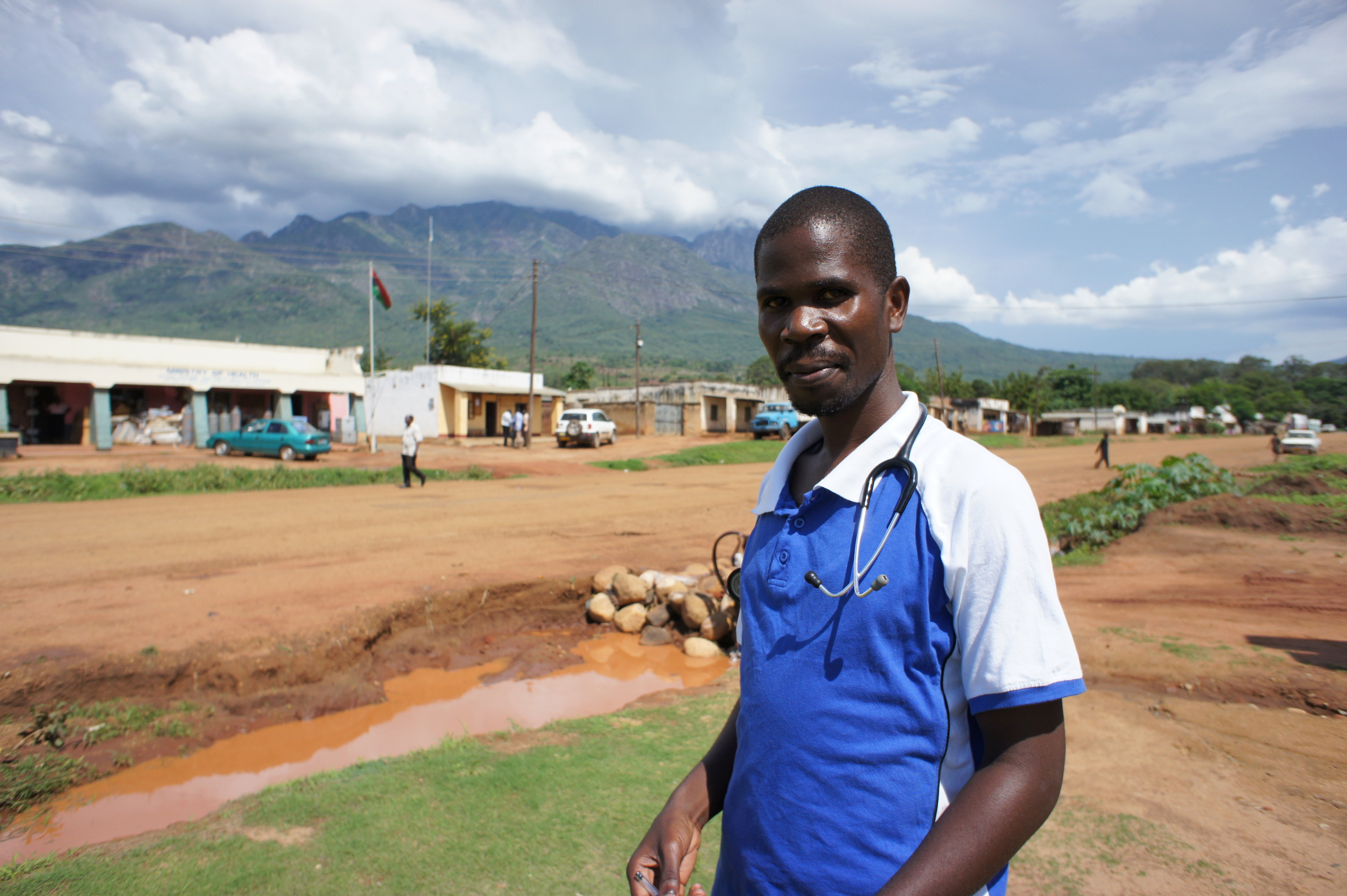 Diabetes UK is looking for people from all over Scotland to take on the swimming challenge of the year, Swim22, between 22 February and 22 May.
Diabetes UK is looking for people from all over Scotland to take on the swimming challenge of the year, Swim22, between 22 February and 22 May.
As a Swim22 challenger you’ll swim an incredible 22 miles – the equivalent of swimming the English Channel – in your local pool, while making a difference with each and every splash. You can take on the swim challenge alone or, better still, get your family, friends and colleagues involved. You can even split the distance between a team to make it easier for everyone.
Swimming is a fantastic way to stay fit and healthy, have fun and set yourself a challenge. Whether you’re an absolute beginner or a seasoned swimmer, our team will be on hand to offer swimming tips and fundraising advice.
When you sign up you’ll receive a Swim22 pack through the post. This includes swimming tips, how to get your fundraising started and, of course, your very own Swim22 swimming hat. You will also receive an email giving you access to your very own Swim22 page, where you can track the distance covered, collect milestone swimming badges and share your progress with everyone.
Across Scotland over 280,000 people are living with diabetes. When diabetes is not well managed it is associated with serious complications including heart disease, stroke, blindness, kidney disease and amputations. Every length you complete and every pound you raise will get us closer to our vision of a world where diabetes can do no harm.
To sign up, just visit www.diabetes.org.uk/swim22. There is no registration fee and no minimum sponsorship.
 A £3.5million research grant has been awarded to global health experts at Queen Margaret University (QMU), Edinburgh to strengthen mental health care and treatment of diabetes and heart disease in countries with weak health systems.
A £3.5million research grant has been awarded to global health experts at Queen Margaret University (QMU), Edinburgh to strengthen mental health care and treatment of diabetes and heart disease in countries with weak health systems.
The grant awarded by the National Institute for Health Research (NIHR) will help researchers in QMU’s Institute for Global Health and Development work with colleagues in Lebanon and Sierra Leone where the ravages of war, civil unrest and the impact of the refugee crisis present huge challenges to the delivery of these vital services. This is one of only 13 NIHR Global Health Research Units that was granted funding (in this round of grant distribution) across the UK, with four grants being awarded to Scottish institutions.
The research team will look at ways of strengthening the resilience of health workers and clinics, and the work of local community groups, to develop new ways of providing vital services in even the most fragile of circumstances. According to the World Health Organization, non-communicable diseases (NCDs) such as heart attacks, strokes, cancers and diabetes kill 38 million people a year with almost three quarters of these deaths occurring in low- and middle-income countries. Mental health issues create a huge burden of suffering in countries troubled by instability.
Professor Alastair Ager, Director of QMU’s Institute for Global Health and Development, explained: “Promoting good health and delivering effective health services in countries affected by years of unrest or adversity is a challenging task. But building on the relationships we have developed with researchers and health leaders in Lebanon and Sierra Leone we have an opportunity to develop innovative approaches to address these challenges. If we find ways of delivering these services in these countries, we could learn lessons to share in other fragile situations.”
The Institute for Global Health and Development at QMU is recognised as a world leader in two major areas of research – health systems and mental health provision. This research grant will bring together these two major strands. The £3.5m grant will allow QMU to collaborate with College of Medicine and Allied Health Sciences (COMAHS) at the University of Sierra Leone, and the Global Health Initiative at the American University of Beirut.
Professor Ager concluded: “This important research builds on ideas developed as part of our ReBUILD consortium which focused on the study of post conflict health systems recovery in Sierra Leone, Zimbabwe, Uganda and Cambodia, and in an ongoing project funded by the Wellcome Trust and UK Aid looking at the resilience of the health care system after the influx of refugees from Syria to neighbouring countries. We are delighted to continue to work in partnership with colleagues in Beirut and Sierra Leone, who will be key to making this research have real influence on the lives of people in these countries facing the growing challenges of mental ill-health and non-communicable disease.”
Dr Fiona Coutts, Dean of Health Sciences at Queen Margaret University, said: “This is a significant grant which will help to impact the lives of people who have been affected by traumatic situations in fragile countries. Importantly, this work also has the potential to improve health outcomes for communities across many different countries. It confirms QMU’s excellent reputation in global health and development, and strengthens its ambition of being a university of ideas and influence.”
 The journey of 1000 miles begins with a single step… well, Diabetes UK isn’t asking you to walk 1000 miles but what about a One Million Step Challenge?
The journey of 1000 miles begins with a single step… well, Diabetes UK isn’t asking you to walk 1000 miles but what about a One Million Step Challenge?
People in Scotland are encouraged to join the One Million Step Challenge for Diabetes UK and help support the millions of people across the UK, including over 285,000 in Scotland, who are living with the condition.
The event takes place between 1 July and 30 September, and invites people to push themselves out of their comfort zone, by taking one million steps over three months and getting sponsored for every stride.
The challenge will require participants to take 10,000 steps every day.
Claire Fleming, Communications Manager at Diabetes Scotland, said: “People can choose whatever way they want to achieve their one million steps – they can walk it, jog it or even dance it! We’re really grateful to everyone who joins #TeamDUK to help raise vital funds to help people living with diabetes.
“Every penny raised will help us to support the millions of people living with diabetes across the UK. In addition, walking 10,000 steps every day can also help boost your fitness.
“You can take on the challenge alone, or better still, get your family, friends and colleagues involved. You can even split the million steps between a team to make it easier.”
If you would like to take part, email events.fundraising@diabetes.org.uk or visit https://www.diabetes.org.uk/million-step





